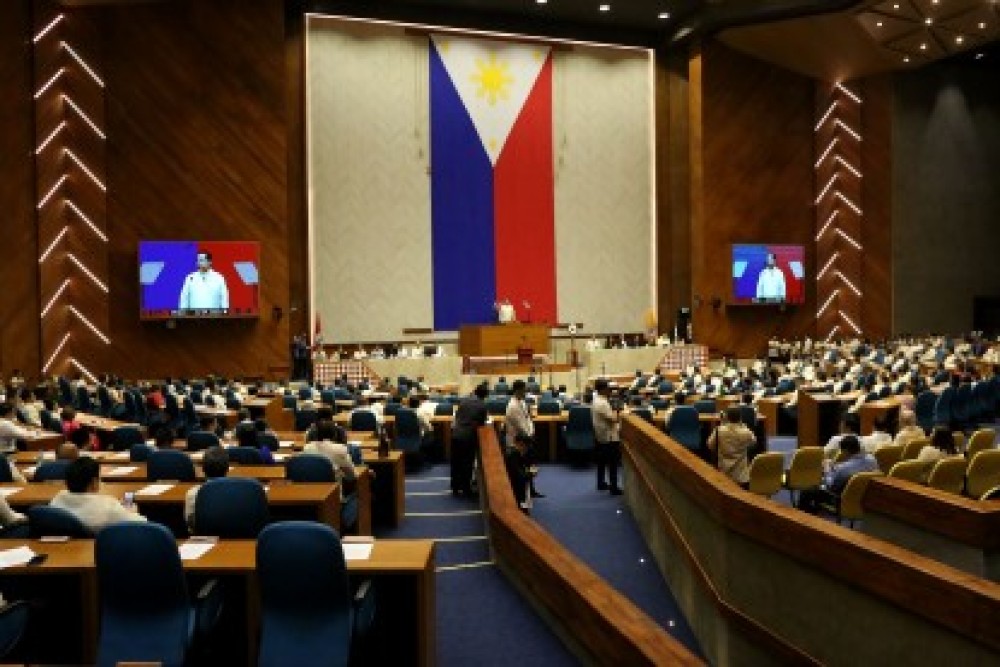A measure seeking to boost the capital markets and the investment competitiveness of the Philippines by reducing taxes for stock transactions has hurdled the final reading at the House of Representatives.
During Monday's plenary session, the chamber approved on the third reading House Bill (HB) 9277 or the proposed Capital Markets Efficiency Promotion Act, with 270 affirmative votes, three negative votes, and one abstention.
The measure seeks to amend the Tax Code by reducing taxes on stock transactions from 0.6 percent to just 0.1 percent of stock value and the tax on dividends of foreign non-residents from 25 percent to 10 percent.
The proposal also imposes a debt transaction rate of 0.1 percent, in parity with the reduced rate for stock transactions.
House Ways and Means Committee chair Joey Salceda, author of the measure, said the Philippines currently imposes the highest stock transaction levies among all major economies in the Association of Southeast Asian Nations (ASEAN).
“The Philippine Stock Exchange has the fewest listed companies of all ASEAN-6 economies, with just 275 listed companies, with the second lowest already being Singapore, with some 640 listed companies. Since the stock transaction tax was increased from 0.5 percent to 0.6 percent of transaction value, in 2019, the PSEi has declined by 29.83 percent," Salceda said.
This has adverse effects on the strength of the country’s pension and health insurance systems because the Social Security System (SSS) and the Philippine Health Insurance Corp. (PhilHealth) charters have strict investment policies that limit their equities exposure almost exclusively to Philippine index stocks, he added.
"If stocks don’t move in value, these funds also stagnate," he said.
Salceda pointed out that aside from the stock transaction tax, the high rate of tax on dividends received by foreign non-resident individuals also discourages foreign investors from buying Philippine stocks, which, in turn, prevents price discovery.
"As a result, Philippine stocks stagnate in value. In fact, monthly transaction volume continues to be lower than 2012 levels in peso terms. In dollar terms, it matches 2007 levels," he said.


